Mauritius 1st in Africa, 51st worldwide in the KOF Globalisation Index 2018 (Revisited)
Article Published on February 14, 2019
Mauritius ranks 1st in Africa and 51st out of 203 countries worldwide in the ‘KOF Globalisation Index 2018 - Revisited’ (’KOFGI 2018 – Revisited’), which was released in December 2018. In the Africa region, Mauritius leads and is followed by South Africa (59th worldwide), Morocco (60th), Seychelles (92th) and Senegal (94th). The top 5 countries in the global list are Switzerland, Netherlands, Belgium, Sweden and the United Kingdom.
The KOF Globalisation Index measures globalization for every country in the world across the economic, social and political dimensions. The authors of KOFGI 2018-Revisited put forward their definition of globalisation, which they say stems from Dreher (2006) and is based on Clark (2000) and Norris (2000):
‘Globalization describes the process of creating networks of connections among actors at intra- or multi-continental distances, mediated through a variety of flows including people, information and ideas, capital, and goods. Globalization is a process that erodes national boundaries, integrates national economies, cultures, technologies and governance, and produces complex relations of mutual interdependence.’
Measuring globalisation allows to examine its consequences and causes on economic growth. The authors of KOFGI 2018 – Revisited reckon that economic, social and political globalization are positively associated with economic growth, especially in developing countries. Furthermore, they have refined the research method by differentiating de facto globalisation (which measures actual international flows and activities) from de jure globalisation (which measures policies and conditions that, in principle, enable, facilitate and foster flows and activities). They conclude that economic growth increases when de jure economic and political globalisation and de facto social globalisation are stronger, and that “Countries that reduce institutional restrictions to trade in goods and services and financial flows and that are politically integrated enjoy on average higher economic growth".
The KOF Globalisation Index was first published by Dreher (2006). It was subsequently updated by Dreher et al. (2008), and this present third edition of the Index received the contribution of Savina Gyglia (SNB, Zurich, Switzerland), Florian Haelg (KOF Swiss Economic Institute, ETH Zurich, Switzerland), Niklas Potrafkec (ifo Institute, Germany & University of Munich, Germany), and Jan-Egbert Sturmb (KOF Swiss Economic Institute, ETH Zurich, Switzerland & CESifo Munich, Germany).
The KOF Globalisation Index 2018 – Revisited can be accessed here.





